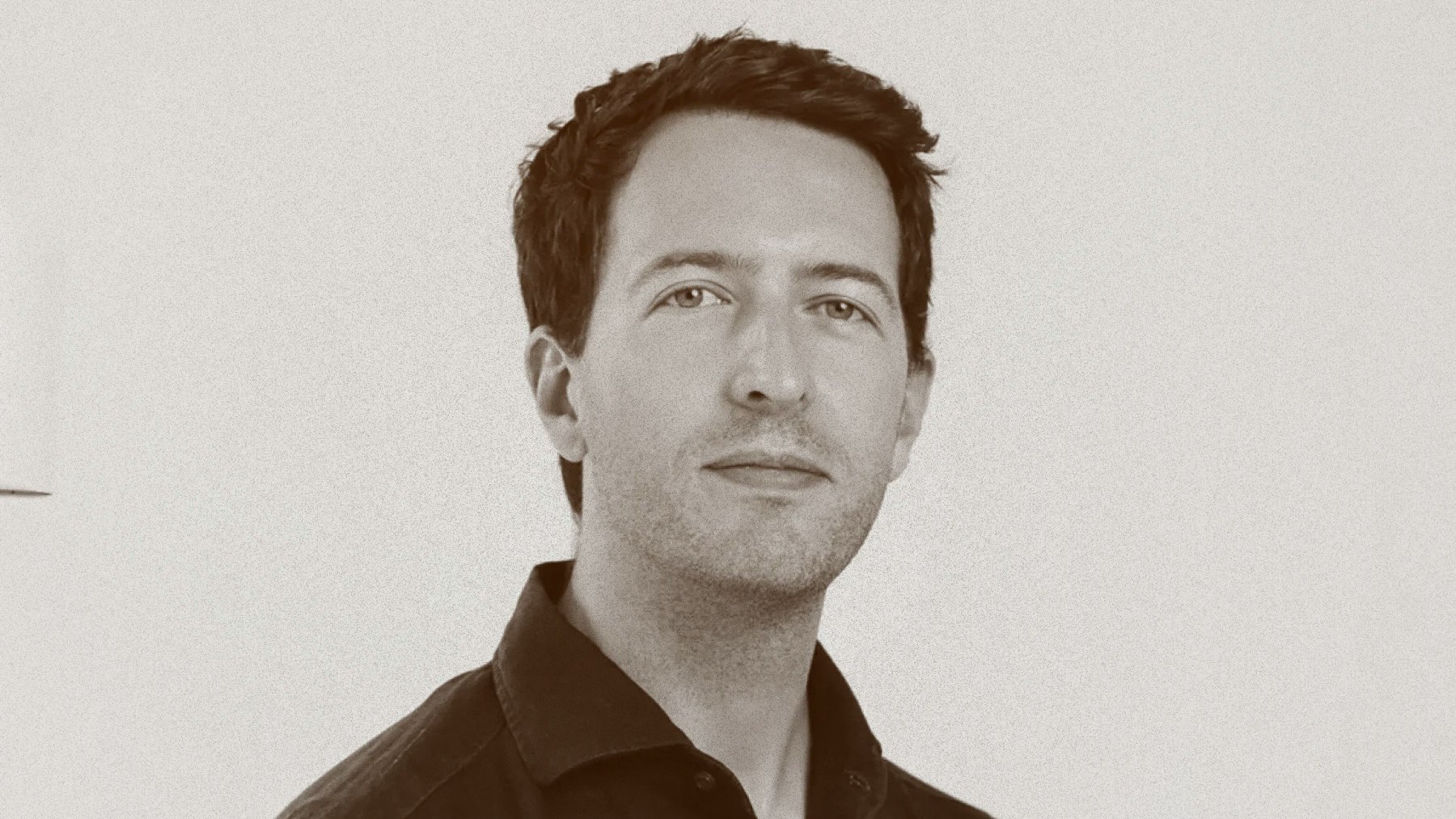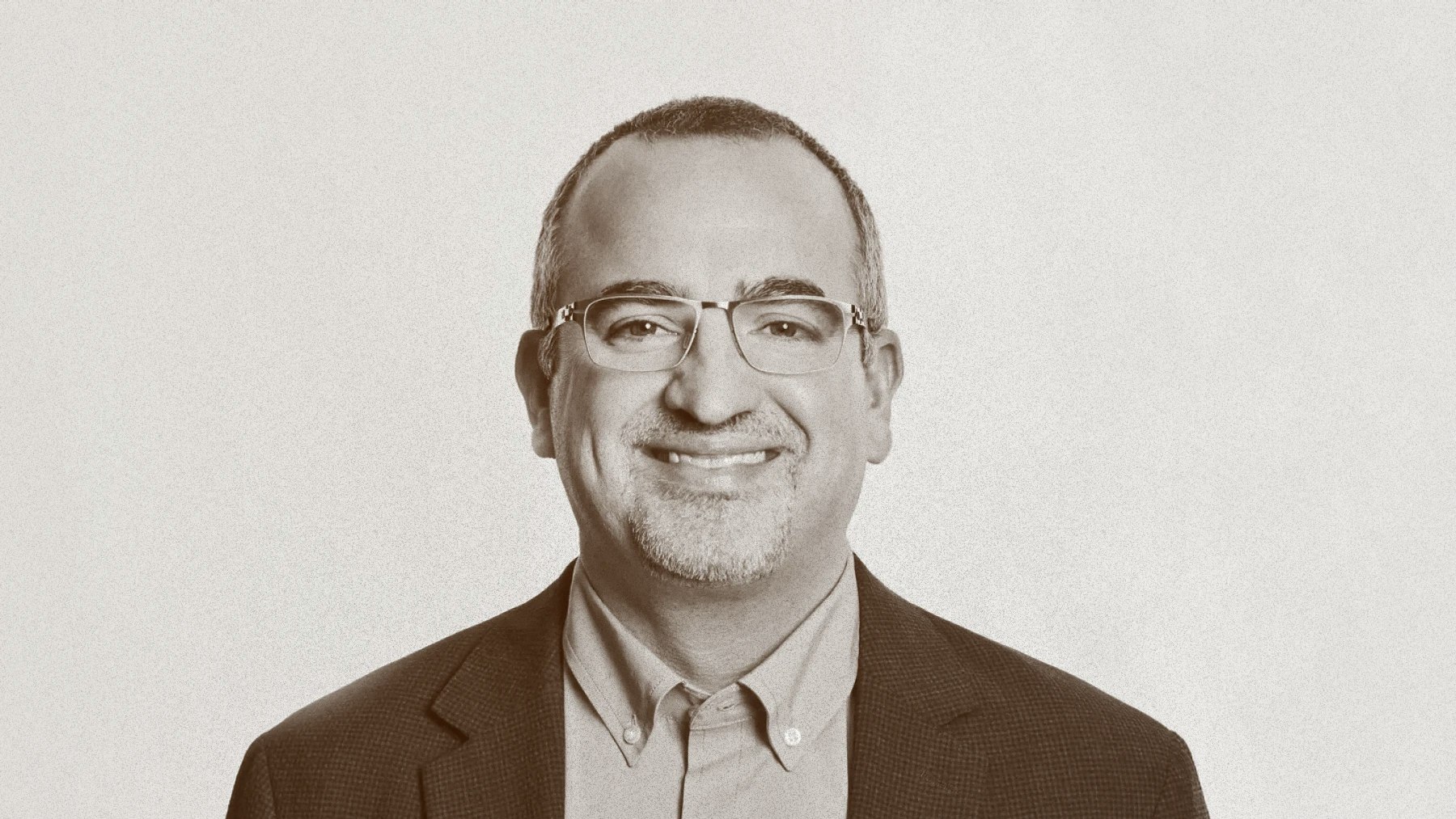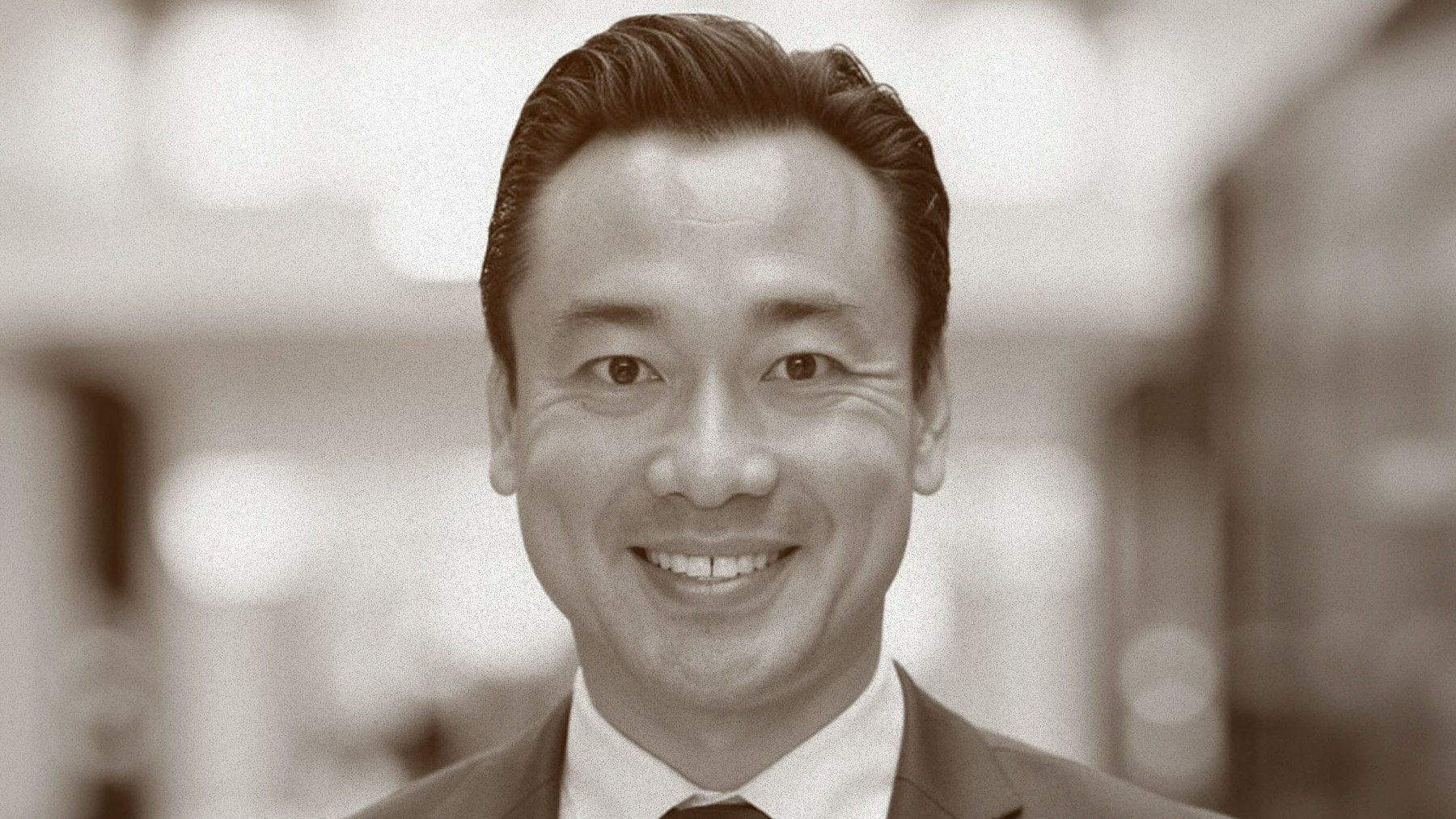Building a financially healthy team: Insights from Gusto co-founder Tomer London and Mercury CFO Dan Kang

In a recent Expert Session hosted by Mercury, Tomer London and Dan Kang discussed the critical challenges facing early-stage founders as they navigate hiring, compensation, and culture.
Their conversation covered everything from compensation philosophy to cashflow management, but kept returning to one core truth: early hiring decisions set the trajectory for everything that follows. Missteps made in the first dozen hires can echo through a company for years, making these among the most critical decisions founders will make.
Define company values first, then hire
One of the dangerous traps early founders face is hiring “brilliant jerks” — technically skilled people who don't align with company values. As London explained from his experience with a previous startup that ultimately failed, when you're desperate to fill critical roles, it’s tempting to prioritize technical skills over cultural fit.
“The first few people in the company really set the stage for what this company is about, the community, how it feels to go into work,” London explained. But you can get around this. His solution is straightforward: start with your core values. It’s not as daunting as it sounds. Keep it simple — before you start hiring, spend 30 minutes to an hour with co-founders talking about what you value and appreciate about each other and what you want to see more of when you expand your team. Write down a few non-negotiables, then ensure your interview process tests for each value.
The calibration challenge
Both leaders see founders consistently struggle with hiring calibration — going too senior or too junior for their stage. Kang pointed out that sometimes founders hire SVP-level talent from major tech companies for 10-person startups, thinking they’re being proactive. But these hires often need large teams to be effective, leading to premature bloat.
Conversely, hiring too junior due to cost consciousness can create scaling issues. London’s advice: find someone who can grow into the role, versus someone overgrown for the role.
The key is examining actual work product during interviews. For engineering, product, and design roles, this means reviewing code, sitting with candidates while they work, and examining products they’ve built. For less familiar roles like sales or finance, build relationships with industry experts who can help evaluate candidates and understand what good performance looks like.
Getting compensation philosophy right
On compensation, both leaders emphasized that startups can’t win by trying to match big tech on cash compensation. Instead, successful companies need clear compensation philosophies that attract the right type of people.
Kang added that compensation reflects the motivations of the people you hire. Rather than trying to compete on every dimension, be intentional about your approach and comfortable losing candidates who don’t align with your compensation philosophy. This serves as a useful filter for finding people with the right mindset for the stage your company is in right now.
The power of unique benefits
Some of the most effective compensation strategies don’t involve money at all. They can be cultural. For example, Gusto believes in building for the long-term, both for their customers and employees. So, when “Gusties” hit five years of service, they reflect that commitment by offering a one-month sabbatical. Sabbaticals give their team space to pause and return with fresh perspective, renewed energy, and a deeper connection to the work.
At Mercury, new hires receive curated tea and poetry books that reflect our focus on craft and quality. While these might seem like cute or even kitschy perks, they’re actually strategic and intentional signals about company culture and what kind of people will thrive there.
Both leaders also emphasized treating scope and impact as forms of currency, especially for high-potential candidates taking on stretch roles. These opportunities can be powerful motivators for people focused on growth rather than just compensation.
Watch the full session:
The evolution challenge
As companies grow, compensation and benefits must evolve significantly. You’ll hire across multiple states and countries, employee demographics will shift, and benefits expectations will change accordingly.
London recommended establishing a leveling process once you have people in the company for six to nine months. This doesn’t require extensive time — spend an afternoon with your management team defining four levels for each role, with specific characteristics and compensation ranges.
It's critical to be clear and transparent about all things compensation, benefits, and the promotion process. Clear leveling systems protect against bias and ensure equity across teams.
The 18-month planning horizon
When evaluating hires, London uses an 18-month timeline for competency assessment. In high-growth startups, predicting needs three years out is nearly impossible. He asks two key questions: Can this person contribute actual work that reaches customers on day one? And can they handle the big projects anticipated over the next 18 months?
This framework helps avoid both hiring only for immediate needs and over-hiring for an unpredictable future.
Prudently managing cashflow
Kang emphasized the importance of actively measuring and managing cashflow while scaling headcount. Many founders calculate runway by dividing cash balance by last month’s spend, but this ignores signed offers and committed hires that will materially change the financial picture.
The key is connecting three elements: sales outlook, spending plans (largely people-related for tech companies), and cash balance. This creates a framework for understanding true runway and making sensible hiring decisions.
Kang also warned against “employee appeasement mode” — being so grateful for early team members that you lose business decision rigor. Every hiring decision should be evaluated with the same standards you’d apply to personal budgeting.
Building high-performing teams
When asked about their top advice for building high-performing teams, both leaders focused on fundamentals. London emphasized establishing trust: “When you have a team who trusts one another, have strong camaraderie and alignment on what they want to achieve together, amazing things can happen.”
Kang stressed hiring people with the right motivations: “If you are hiring people who are just looking for their next big title or a pay bump, those people aren't going to work out.” He recommended trusting your instincts about whether candidates truly have an ownership mentality and are committed to the journey.
The foundational truth
Building a financially healthy company hinges on creating an environment where the right people want to do their best work for the long haul. Both leaders emphasized that getting the foundation right early makes everything more manageable as you scale.
The conversation reinforced that while hiring is inherently challenging because you're dealing with humans who have different motivations, needs, and capabilities, having clear frameworks and philosophies can guide better decisions. These early decisions are some of the most important ones you’ll make as a founder.



